3 Lessons On Simplicity From Japanese Moms
The Art Of Carrying Less
How scaling down can simplify your life and make outings with your children easier.
When our first child was born, my husband and I were committed to being as minimalist as possible. We eschewed most of the baby accessories deemed “necessary” and put away many of our son’s unwrapped birthday presents from friends and family, eventually reusing them the following year. He’s a child, we thought. There’s a big wide world to explore. He didn’t need stuff.
Yet when we moved to Japan, we realized how very far we were from the life of simplicity we wanted to instill in our family. While struggling onto a priority train car with an overladen stroller and an enormous diaper bag, I looked for a moment at the Japanese moms. Their babies were snuggled comfortably in backpack-style carriers; no heavy bags insight. They looked nothing like the pack mule I felt like and I knew there was still a lot to learn. Moving to Japan had made it perfectly clear — it was time to simplify.
There are three main lessons I’ve observed from Japanese moms, which make their lives — and their outings with their children — far easier.
Lesson 1: Carry Your Child
We’d been gifted a carrier when our son was born, but rarely used it aside from having to hold the baby to cook during “witching hour” induced crying jags. If we were traveling in the U.S., we always brought our stroller. In Japan, however, moms carry their babies. Everywhere. All the time.
It’s easy to see why this lesson creates big changes. If you’re carrying your child, you simply cannot carry much else along, too.
In Japan […] moms carry their babies. Everywhere. All the time.
Carrying your child also provides immeasurable benefits. A Japanese study looked at the age-old instinct to calm fussy babies — to pick them up and walk them around — and found that children who were carried were more relaxed, with calmer heart rates.
Lesson Two: Ditch The Diaper Bag
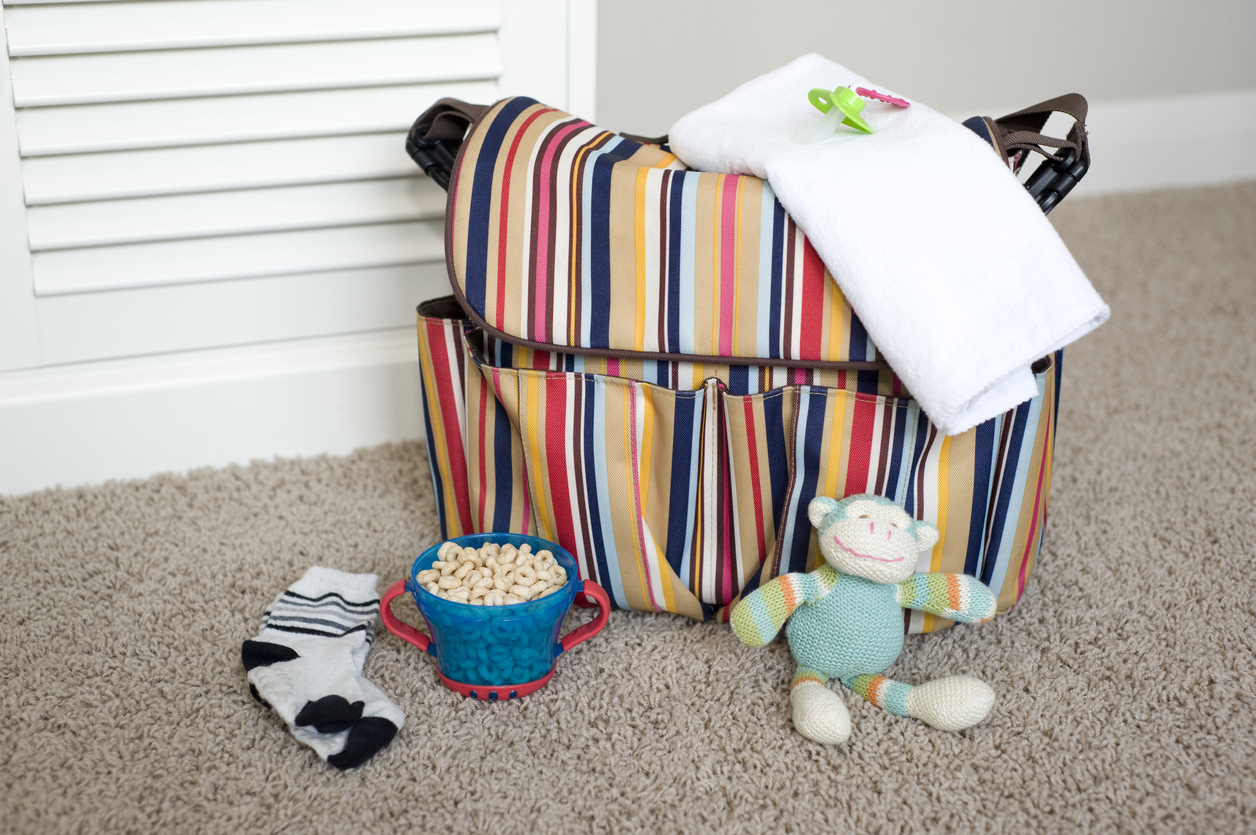
In Japan, it’s not necessary to pack for each outing as though preparing for an apocalypse where diapers, snacks and water might suddenly be difficult to find. There’s just no need. Vending machines well-stocked with water, juice and even hot coffee for the parents are ubiquitous around town. Nursing rooms stocked with privacy screens, changing tables and microwaves for heating water for formula are found in every department store.
Best of all, there’s always a convenience store or a drugstore nearby. In Japan alone, there are nearly 20,000 7-Eleven convenience stores, with almost 2,500 concentrated just in the Tokyo area. You can find drugstores in close proximity to almost every train station in bigger cities. So, if you need more diapers than you can carry in the pocket of your baby carrier or you run out of wipes, there’s always a fully-stocked store nearby. If what you really need is a quick, healthy and inexpensive snack, look no further than the onigiri (rice balls), which are my two-year-old’s favorite food and usually come wrapped in nori (seaweed paper) so they’re easily gripped and eaten on the go.
Lesson Three: Simplify Your Stuff
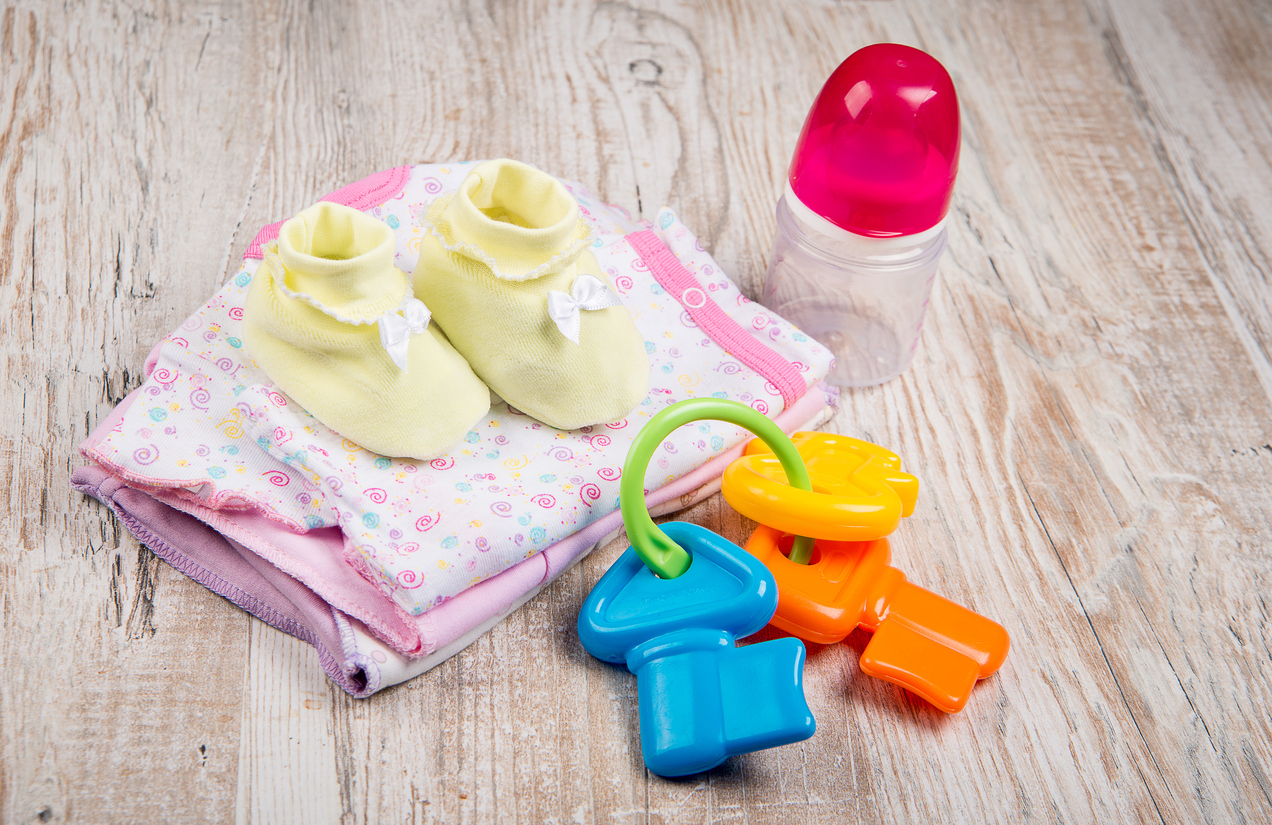
It’s no surprise that Japan is home to international organization sensation Marie Kondo, whose best-selling manual The Life-Changing Magic of Tidying Up has changed closets around the world. In searching for happiness, Kondo advises starting with an unlikely step: by discarding and simplifying your belongings and keeping only those things that align with the Japanese concept of tokimeku, or that “spark joy.”
Given that Japanese homes are also typically far smaller than the average Western home — there’s simply no space for endless amounts of “stuff.”
“A dramatic reorganization of the home causes correspondingly dramatic changes in lifestyle and perspective,” Kondo insists in her book. “It is life-transforming.”
From a parenting perspective, this is blindingly true. Simplifying all your belongings clarifies what you have available and sets good patterns for children to follow. You can’t cart around what you don’t have. My two-year-old will happily tidy up his toys after playtime — they all fit into a small basket in our living room. Whenever the basket gets overstuffed, we know it’s time to start giving them away.
Simplifying all your belongings clarifies what you have available and sets good patterns for children to follow.
For a long while, we brought various types of every toy imaginable on our train trips throughout Tokyo: stickers and small cars to keep my two-year-old entertained, a ball to enjoy at parks and playgrounds, a stuffed animal to delight the baby.
We’ve now learned well the lessons from watching Japanese moms. Gone are the days of giant diaper bags and multiple toys. We bring only what we can easily carry, including the baby, and those that spark joy. Our lives, and our days, are much simpler for it.

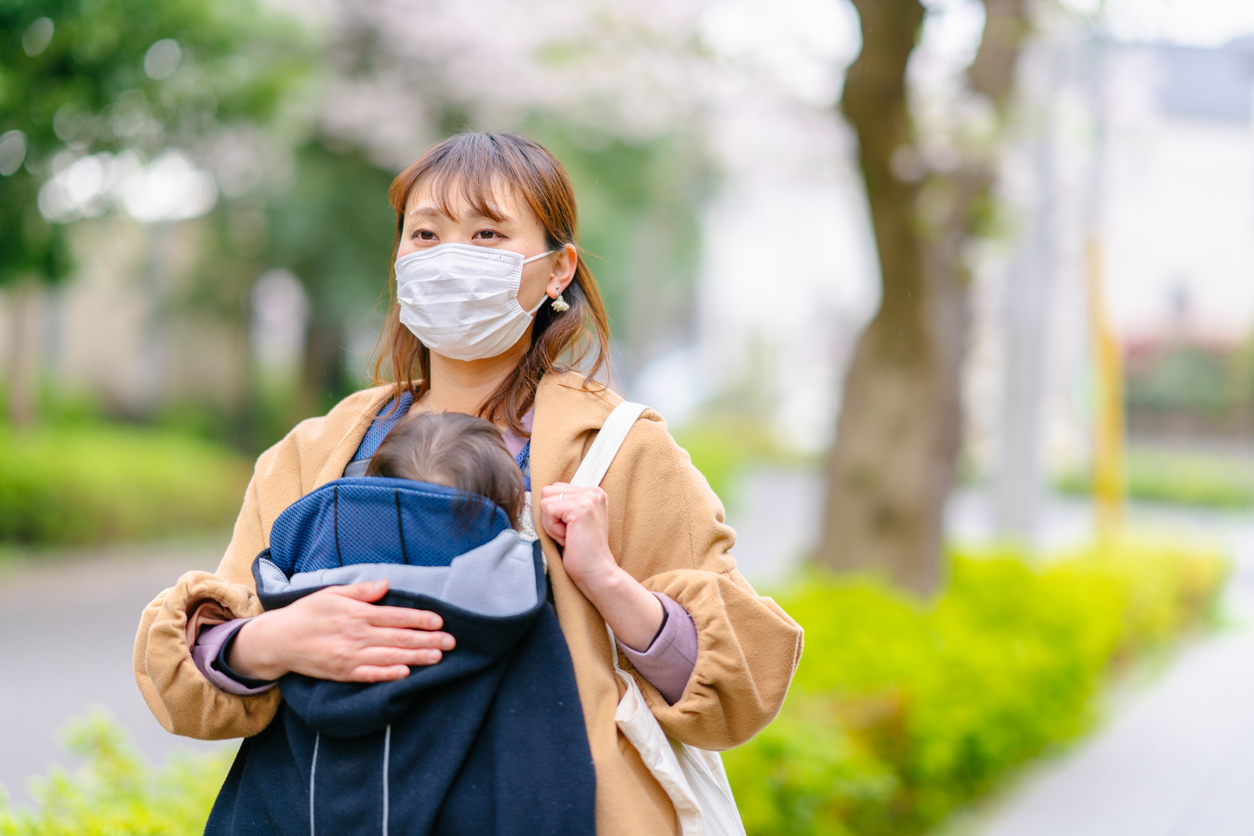











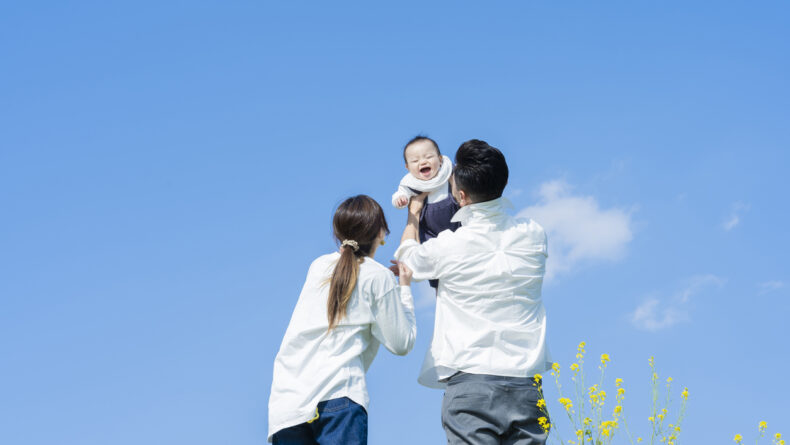
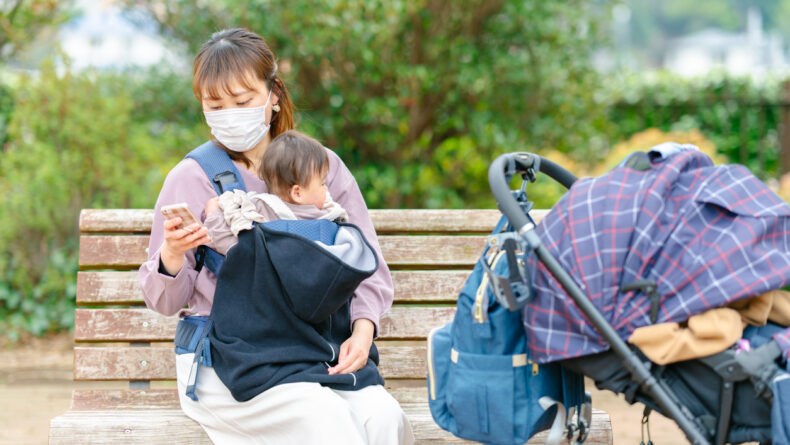
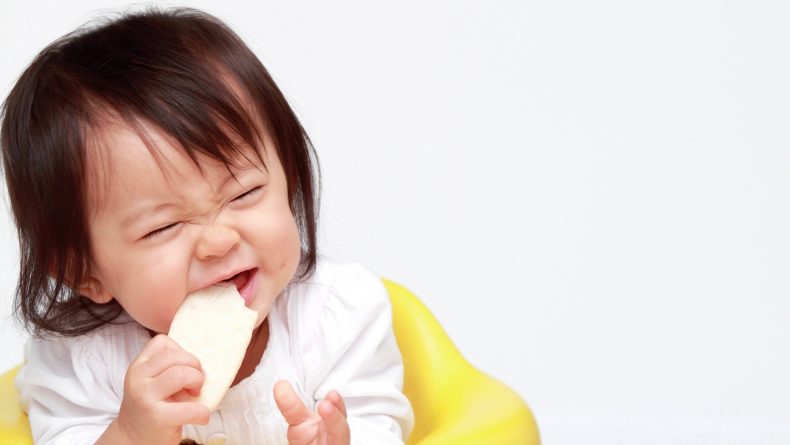
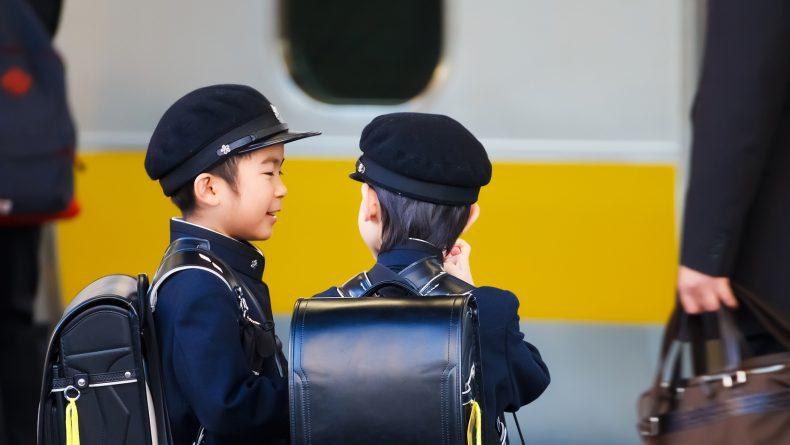
Leave a Reply